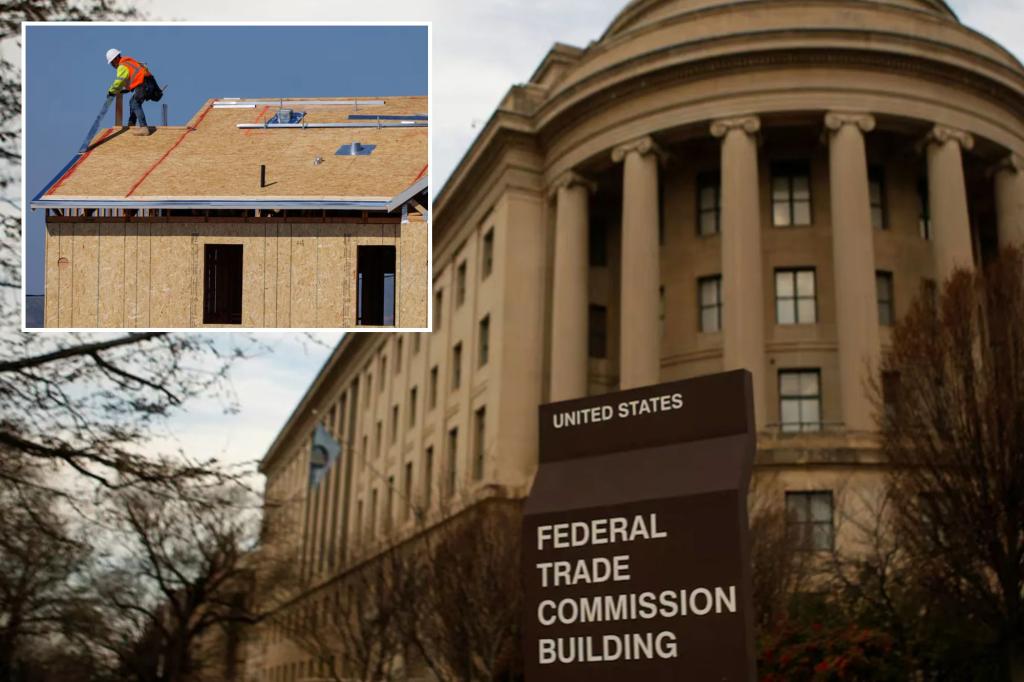Legal experts have raised concerns regarding the vulnerability of the U.S. Federal Trade Commission’s ban on “noncompete” agreements, leading to potential legal challenges as some courts have become increasingly skeptical of federal agencies’ ability to impose broad rules. The ban on noncompete agreements, unveiled by the FTC, aims to protect workers’ wages and job mobility from being suppressed by these agreements that prevent them from joining competitors or launching rival businesses. Approximately 20% of U.S. workers, totaling about 30 million people, have signed noncompete agreements.
Several business groups, including the U.S. Chamber of Commerce, have already filed lawsuits claiming that the FTC lacks the authority to determine which business practices should be banned. The challenges raised by these groups may delay the implementation of the new rule, which is set to take effect in August. The authority and power of the FTC to enforce these rules has been questioned by experts, especially in addressing a “major question” that has significant implications for the U.S. economy. Congress has not passed any proposed bans on noncompete agreements, further complicating the legal landscape.
There are concerns that the legal challenges against the FTC’s noncompete ban could potentially doom the measure, leading to further delays in its implementation. The commission’s novel and unprecedented position regarding its rulemaking powers may not have been explicitly approved by Congress, according to legal experts. The composition of the courts hearing these cases, including conservative judges appointed under the Trump administration, could also impact the outcome of the legal battles. The Tyler, Texas court where the Chamber filed its lawsuit has been resistant to questionable rulemaking by the Biden administration, adding another layer of complexity.
The legal ramifications of the FTC’s noncompete ban have raised questions about the agency’s broad rulemaking powers and the potential interference of conservative judges in the legal process. The reliance on past court decisions to justify the authority of the FTC in enforcing the noncompete ban may not hold up in the face of legal challenges. The 5th Circuit Court of Appeals, where the cases will likely be heard, may create a split in the interpretation of the law, leading to a potential review by the U.S. Supreme Court. The ability of the court’s conservative majority to address the issue and potentially overturn the FTC’s rule remains a significant concern for both proponents and opponents of the noncompete ban.
As the legal battles over the FTC’s noncompete ban continue, the future of the commission’s rule and its impact on U.S. workers and businesses remains uncertain. The legal challenges raised by business groups and the potential for conservative judges to influence the outcome of the cases could significantly impact the implementation of the ban. The FTC’s authority to enforce the noncompete ban and the broader implications for the U.S. economy will likely be subject to intense scrutiny in the coming months, leading to potential changes in how federal agencies can address anticompetitive conduct. Overall, the legal challenges against the noncompete ban highlight the complex intersection of law, policy, and economics in the United States.















